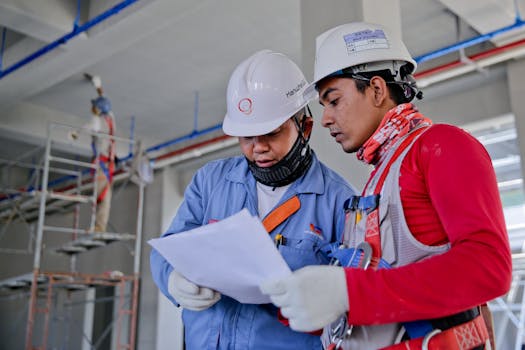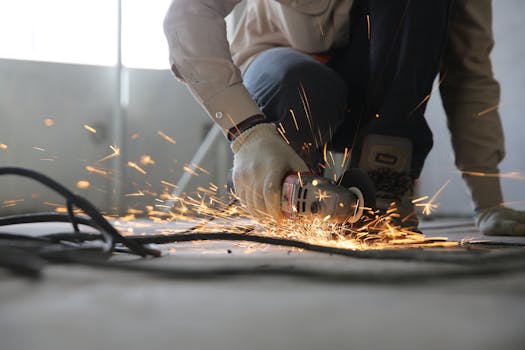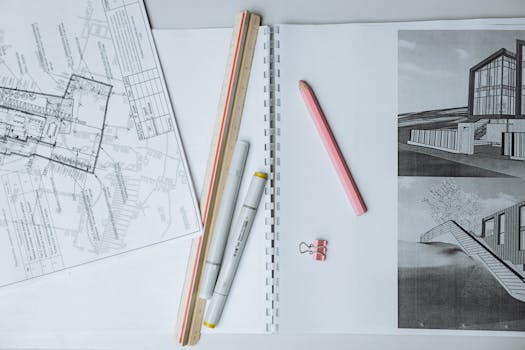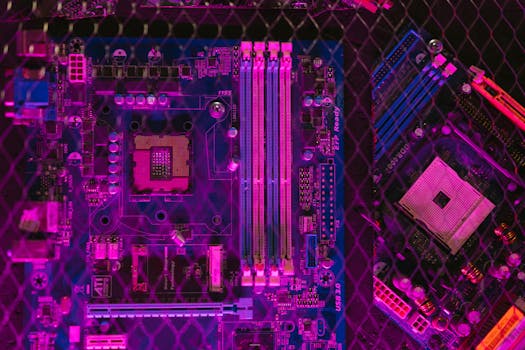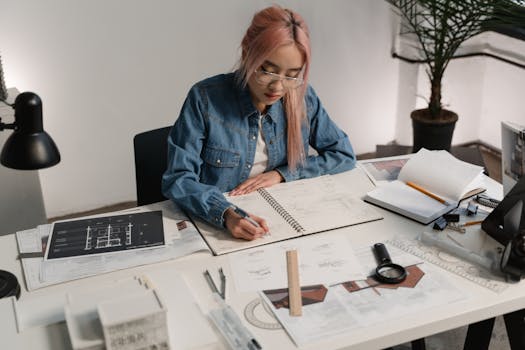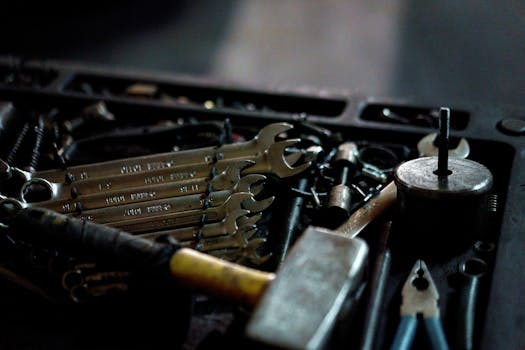You could do a degree in aerospace engineering, avionics, or a subject like:
- electrical or electronic engineering
- mechanical engineering
- manufacturing or product engineering
- physics or applied physics
- software engineering or mathematics
Postgraduate study
You may be able to do a master's degree in aeronautical or aerospace engineering if you've studied for a degree in a related subject, such as engineering.
Entry requirements
You'll usually need:
- 2 or 3 A levels, or equivalent, including maths and physics
- a degree in a relevant subject for postgraduate study

